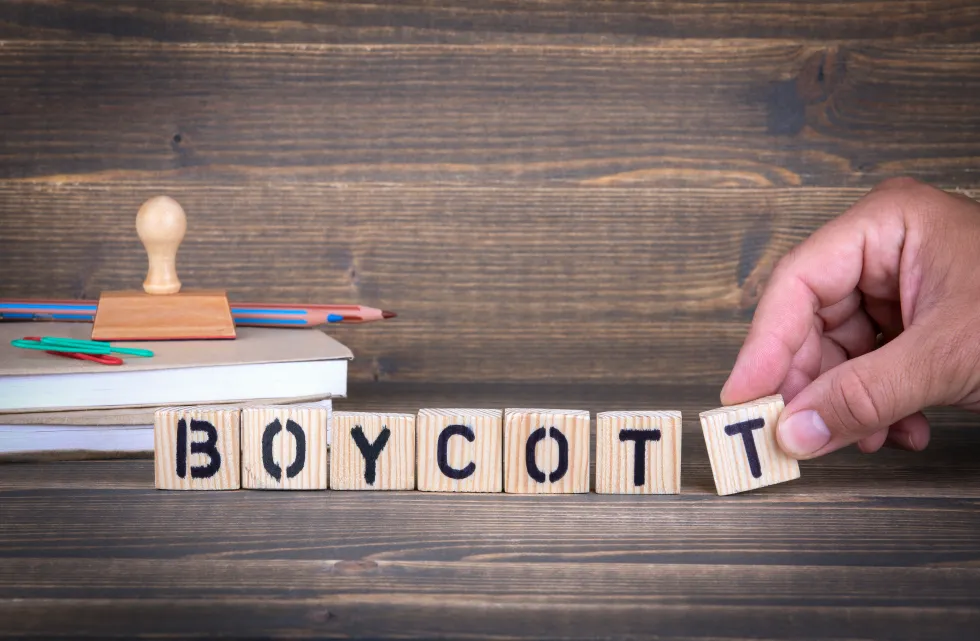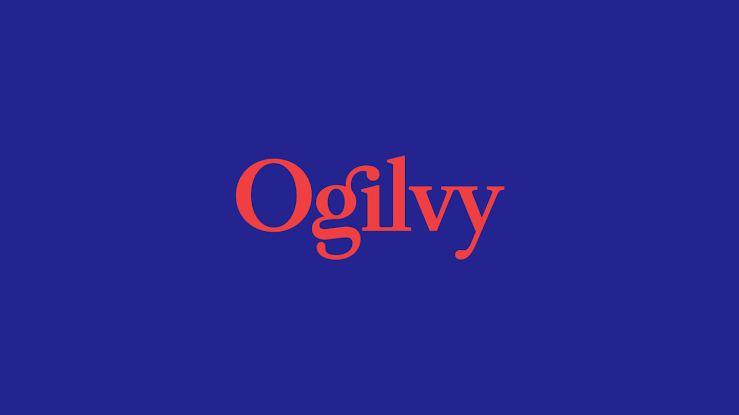By Felicia Nwosu
Across the globe, a single misstep can plunge even the most established brands into a swirling vortex of consumer outrage, a stark reminder of the delicate tightrope they walk in an era defined by cultural sensitivities and ethical scrutiny. The digital age has amplified consumer voices to a deafening roar, transforming them into formidable forces capable of reshaping market landscapes with unprecedented speed and ferocity. This reality underscores the enduring wisdom of the adage: losing a customer is remarkably easy, while winning back even one is a task of Herculean proportions.
The repercussions of a brand boycott extend far beyond the immediate dip in sales figures; they inflict deep and lasting wounds on a brand’s reputation, eroding customer loyalty and potentially triggering a permanent exodus to rival competitors. Studies consistently demonstrate the direct correlation between boycotts and declining sales, a tarnished brand image, and the arduous, often protracted struggle to regain the trust that has been so carelessly squandered. The consequences are rarely short-lived, demanding substantial investments of time, money, and manpower to mend the shattered perceptions and rebuild the bridges that have been burned.
Akinola Afere, Director, Client Services at Kantar (Insights Division), envisaged that marketing will be characterized with brands having a deep understanding of the context in which customers are interacting, in order to provide them with a personalized and relevant experience
Highlighting the value of culture, the marketing expert re-echoed that with consumers discovering new tastes and priorities, which are tilting towards value, that understanding them in the context of their lives and following each step in the consumer journey, ensuring that the message is nuanced and contextually embedded will enhance creating a seamless customer experience.
“We learn to use culture to help us connect with consumers by infusing norms through fashion, music norms, aspirations, adding that success comes when brands are able to align good culture and bottom line.Consumers will be able to get into sales in various ways, because remember, revenue is life, so as I spend my revenue, I want to find my needs, my cares, my concerns and the things that matter to me. They want to see clearly that their needs are well targeted by the brand they want to be identified with.”
Franklin Ozekhome, co-founder of Maskvrade, urged that to fully unlock the potential of this creative revolution, businesses must adapt to this new era of digital-first strategies, invest in local talent, and embed cultural relevance into their identity.
Internationally, the landscape is littered with cautionary tales of brands grappling with the devastating fallout from consumer boycotts. Nike’s bold 2018 ad campaign featuring Colin Kaepernick, while ultimately bolstering sales, ignited a firestorm of controversy that threatened to engulf the brand. Chick-fil-A’s 2012 stance against same-sex marriage inflicted significant reputational damage, prompting a wave of consumer defection. Goya Foods faced a dramatic sales plunge following its CEO’s endorsement of Donald Trump.
More recently, Bud Light’s ill-fated partnership with transgender influencer Dylan Mulvaney in April 2023 sparked a massive conservative backlash, resulting in a precipitous drop in sales and the loss of its long-held status as the top-selling beer brand in the United States. The triggers for these boycotts are as diverse as the brands themselves, ranging from perceived political affiliations and social stances to ethical concerns and issues of product quality.
Brands like Airbnb, Amazon, and Coca-Cola have faced intense scrutiny and boycott calls over their perceived ties to Israeli settlements, while others, including PepsiCo, Auchan, and Leroy Merlin, have drawn sharp criticism for continuing their operations in Russia despite the ongoing war in Ukraine. This global trend serves as a stark reminder of the escalating demand for brands to align themselves with evolving consumer values and unwavering ethical standards.
In Nigeria, the triggers for consumer boycotts are equally varied and complex, encompassing a potent mix of cultural sensitivities, tribal and religious tensions, deeply ingrained gender biases, perceived price gouging, and consistently subpar product or service delivery. The recent case of Erisco Foods provides a particularly illuminating example of the potential for a brand to stumble and fall.
The company’s heavy-handed legal action against Chioma Okoli, a customer who dared to post a negative review of their Nagiko Tomato Mix on Facebook, ignited a firestorm of widespread outrage. Despite the launch of a Ramadan promotional campaign aimed at restoring consumer trust, Erisco Foods faced persistent and vocal boycott calls, underscoring the potent power of social media in mobilizing consumer sentiment and the immense difficulty of reversing negative perceptions once they have taken root.
The telecommunications sector in Nigeria was a bit lucky, when the Nigeria Labour Congress (NLC) called for a boycott of mobile operators in response to perceived tariff increases. However, the limited availability of viable alternatives ultimately mitigated the impact of this call, highlighting the delicate dance between consumer power and the often-unyielding realities of the market.
The recurring and undeniable theme that emerge from these diverse examples, both local and international, is the absolute imperative for brands to exercise extreme caution, unwavering sensitivity, and meticulous diligence in their operations and communications.
In today’s hyper-connected world, where information spreads like wildfire and consumer voices are amplified to unprecedented levels, transparency, genuine accountability, and a sincere commitment to engaging with consumer concerns are not merely desirable they are essential for survival.
Brands must prioritize a deep and nuanced understanding of, and unwavering respect for, the cultural and social intricacies of their target markets. For Nigerian brands, in particular, the need to navigate cultural, tribal, and religious sensitivities with utmost care is paramount. Building and maintaining consumer trust requires a consistent commitment to ethical business practices, fair and transparent pricing, and the delivery of high-quality products and services. When missteps inevitably occur, swift and sincere apologies, coupled with tangible and demonstrable actions to rectify the situation, are absolutely critical.
The digital age has fundamentally and irrevocably altered the dynamics of brand-consumer relationships. While the power of social media platforms can amplify positive brand experiences and foster loyalty, it can also magnify negative ones with alarming speed and efficiency, transforming a seemingly isolated incident into a full-blown crisis that threatens the very existence of a brand.
Brands must proactively manage their online presence, engage in constructive and meaningful dialogue with consumers, and address concerns promptly, transparently, and with genuine empathy. In a world where consumer sentiment can shift in the blink of an eye, brands must remain eternally vigilant, relentlessly adaptable, and unwaveringly committed to building authentic and enduring relationships with their customers. The cost of failing to heed this crucial lesson is a burden that many brands have learned to their detriment, often with irreversible consequences.






Comment
No comments found.